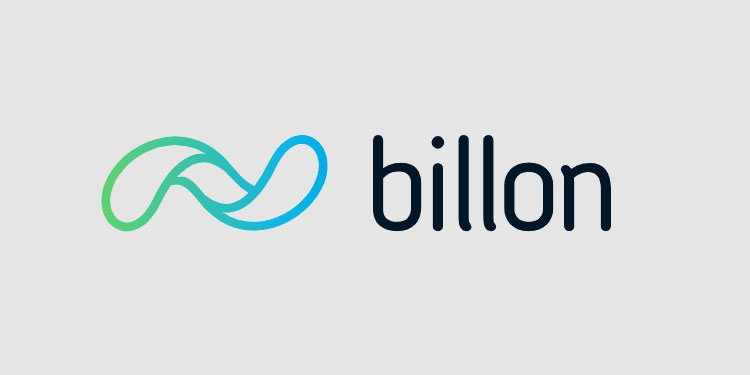Enterprise DLT creator Billon Group has achieved a milestone in supporting the need for privacy in COVID-19 vaccinations, with the launch of a new form of GDPR compliant distributed ledger technology. The platform immutably stores any type of verifiable immunity certificate in a distributed ledger (DLT) where only the parties involved are aware of a citizen’s status.
This database capability allows businesses and agencies to tailor end-user journeys to meet their needs. Immunization certificates are an anticipated milestone in accelerating the post-pandemic recovery. With the rollout of COVID-19 vaccines, they will accelerate gradually and safely getting the economy back to “normal.”
Billon CEO Wojtek Kostrzewa explains: “We expect many governments will use paper-based records of who is vaccinated. In today’s world, people need digital solutions to display proof of required vaccinations to enter restaurants, stores, public places, and their workplace. Individuals need to be sure their data is stored in a way that it cannot be exploited. All can benefit from the privacy that comes from encrypted, private data secured by our blockchain platform.”
Integrating personal identity with immunization documents in a compliant and tamper-proof manner on an accessible digital platform is key to the success of implementing immunity certificates. The immunity certificate brings together biometric data (for confirmation of identity) and vaccination verification (for confirmation of immunity).
The complete solution has three main elements:
- Multi-tenant platform powered by Billon’s DLT serving as a back-end for storing and securely sharing identity data and immunization document;
- A credential generator for health organizations executing and verifying vaccination;
- Digital front-end journeys, which allow citizens to use mobile devices to present their certificates using QR codes.
Billon’s immunity certificate solution addresses considerable practical, legal, and technological challenges concerning data security and identity protection across large populations. As it is blockchain-based, it provides decentralized and immutable data storage – the ultimate level of reliable, tamper-proof security. Once a certificate is linked to an ID, it is immutably stored, so it cannot be modified by any participating party. This feature ensures an individual’s capacity to control and protect their data is not compromised while mitigating the individual’s and the public health risk.
Benefits
- For public institutions: The platform certifies who has completed the immunization requirements. Immunity certificates linked to identity allow tamper-proof validation on a digital platform. This protects individual privacy as the network operator cannot see any data. Only the publishers and the individual control the right to share information.
- For businesses: The platform offers a promising solution to businesses during the transition period by ensuring safe and secure access and activity as an alternative to heavy restrictions for longer periods of time. Businesses can link the solution to their needs, such as “ready-to-work”, “safe-to-travel”, and “safe-to-enter” type of applications. Employers can also link the solution to security access systems, establishing a compliant, highly secure, and efficient solution to solve for access control.
- For individuals: The platform lets individuals use their phones or other digital devices to instantly provide proof of vaccination. As it provides on-demand verification at entry points, workplaces and public indoor spaces are kept safe during the transition period.
Innovate UK’s Fast Start Competition previously gave Billon Group a £50,000 grant to build a distributed ledger platform to store COVID-19 related certificates to support workers’ safe return to the workplace. This pilot scope, now refined, progresses to a fully functioning prototype for sharing, storage, and verification of a wide range of workplace training and medical test documents. Billon is partnering with The Gekko Group for the design and development of the user interface and mobile application. The companies recently won a £326,000 grant to deliver a solution to the market by the end of Q1 2021. This brings the value of the project to over $400,000.






















